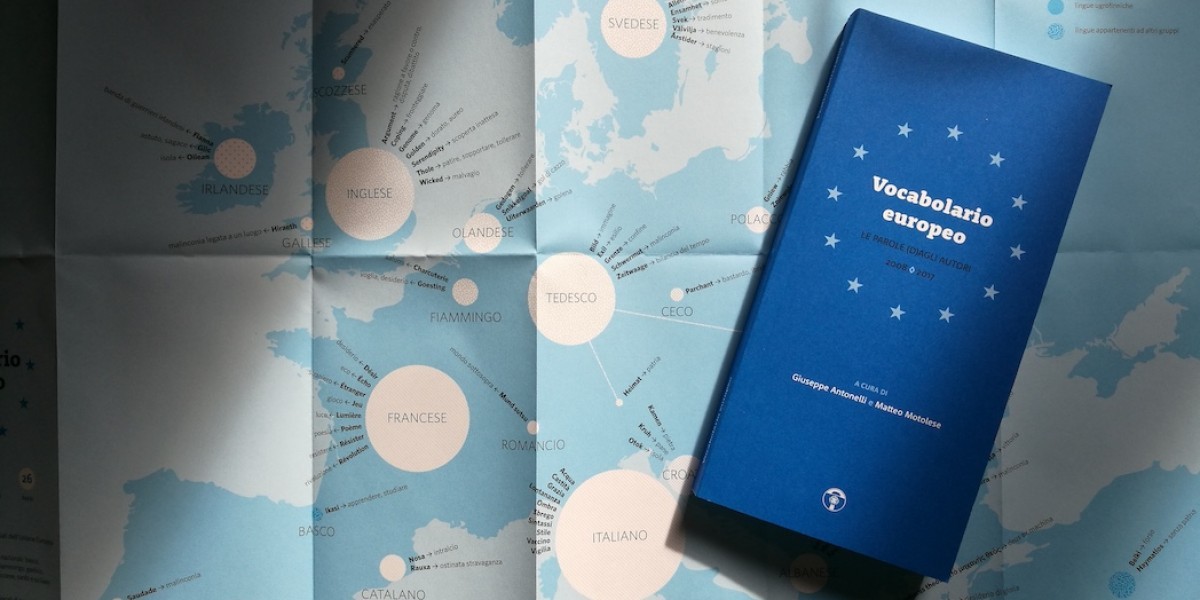
Creating cultural connections and bolstering European identity
A corner of Europe in Mantua. That is what has been created over the course of the past ten years at Festivaletteratura with the Vocabolario Europeo project, led by the linguists Giuseppe Antonelli and Matteo Motolese, to provide a different view of Europe, looking at it from a rich linguistic perspective.
A project that has always sought to give the stage to those who are at the heart of the festival - the authors - and "react to the marginalisation of writers in contemporary society." Over ten years, 97 have given, illustrated and defined 97 words taken from a European languages, whether it be an official or a non-national language, or one from a non-EU country.
A singular and meaningful term that, over time, has taken shape and now demonstrates how multilingualism is an inevitable phenomenon, regardless of borders and barriers, and constitutes a cultural heritage for the entire community.
To celebrate ten years of the project, the 2017 edition has a new feature. For the duration of the Festival, in Piazza Leon Battista Alberti, visitors can submit a word taken from a foreign language that they use in their own lexicon, one that has made its mark. An opportunity that has already captured the attention of the public, and it's also possible to take part online. So far the effect has been surprising. Scrolling through the published entries, one can get an idea of the extreme meticulousness and evocative power of some terms. Take "waldeinsamkeit", for example. A compound word from German which describes the feeling of being alone in the woods and which, explains Simona, the girl who chose it, "perfectly encapsulates that sensation of marvellous panicked fusion with nature."
The vocabolario europeo built up over these ten years with contributions from guest authors at the Festival will be presented on Sunday 10 September by the writers Arno Camenisch and Diego Marani, inventor of the Europanto language.



